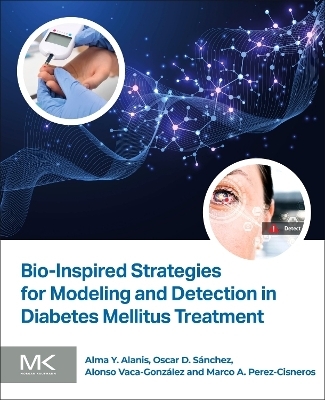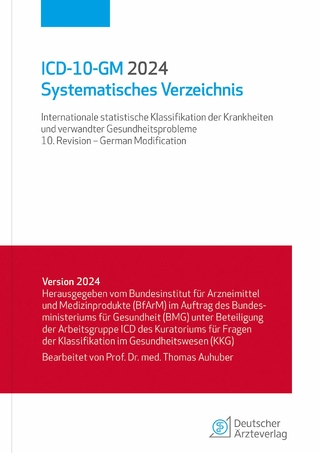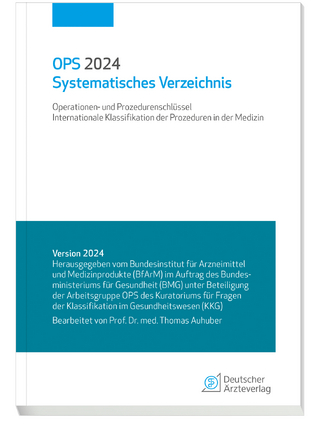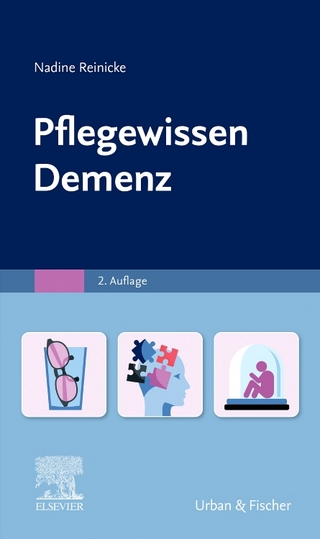
Bio-Inspired Strategies for Modeling and Detection in Diabetes Mellitus Treatment
Morgan Kaufmann Publishers In (Verlag)
978-0-443-22341-9 (ISBN)
Dr. Alma Y. Alanis received her M.Sc. and Ph.D. degrees in electrical engineering from the Advanced Studies and Research Center of the National Polytechnic Institute (CINVESTAV-IPN), Guadalajara, Mexico. Since 2008 she has been with University of Guadalajara, where she is currently a Dean of the Technologies for Cyber-Human Interaction Division, CUCEI. She is also member of the Mexican National Research System (SNI-2) and member of the Mexican Academy of Sciences. She has published papers in recognized International Journals and Conferences, besides eight international books. Dr. Alanis is a Senior Member of the IEEE and Subject Editor of the Journal of Franklin Institute, Section Editor at Open Franklin, Technical Editor at ASME/IEEE Transactions on Mechatronics, and Associate Editor at IEEE Transactions on Cybernetics, Intelligent Automation & Soft Computing and Engeenering Applications of Artifical Intelligence. Moreover, Dr. Alanis is currently serving on a number of IEEE and IFAC Conference Organizing Committees. In 2013 Dr. Alanis received the grant for women in science by L'Oreal-UNESCO-AMC-CONACYT-CONALMEX. In 2015, she received the Marcos Moshinsky Research Award. Her research interest centers on artificial neural networks, learning systems, intelligent control, and intelligent systems. Dr. Oscar D. Sánchez received his Ph.D. degree in Electronic and Computer Science from the University of Guadalajara. He is a researcher in the Computer Department at the University Center for Exact Sciences and Engineering at the University of Guadalajara. Dr. Sánchez’s research interests are modeling and identification of systems, bioinformatics, optimization and prediction with intelligent systems. Dr. Alonso Vaca González is a physician at the University of Guadalajara. He holds a Master’s Degree in Medical Microbiology, with diplomas in Applied Public Health, Mental Health, Microbiota, Diagnostic Hematology, Occupational Health and Safety, and Health Business Administration. Dr. González was one of the founding members of the Program for Early Detection and Counseling in Sexually Transmitted Infections (PRODOCITS), and is the author of indexed articles, manuals, and book chapters on the subject of microbiology. He has also advised the preparation of theses at the postgraduate level. Dr. González received the "Irene Robledo García" Award for Social Service in 2022. Dr. González carried out research activities at the Specialized Center for Reproduction and Genetics (CERGEN) and at Summa Corporation, evaluating products and possible treatments for people with Diabetes Mellitus. Dr. González is a professor at the Institutional System for Safety, Health and Environment (SISSMA), where he teaches courses on human capital training and skills assessment. Dr. Marco Perez-Cisneros received his M.Eng. degree from ITESO University, Mexico, and his Ph.D. degree from The University of Manchester, U.K. He currently works as a Professor with the Electro-Photonics Department at University of Guadalajara and has been appointed as the Rector of the University Centre of Exact Sciences and Engineering of the University of Guadalajara. Dr. Perez-Cisneros is a member of the National Research System in Mexico and is a member of the Mexican National Science Academy.
1. Introduction
2. Problem statement
3. Mathematical preliminaries
4. Parameter estimation for glucose-insulin dynamics
5. Neural model for glucose-insulin dynamics
6. Multistep predictor applied to T1DM patients
7. Classification and detection of diabetes mellitus and glucose intolerance
8. Conclusion
| Erscheinungsdatum | 08.05.2024 |
|---|---|
| Verlagsort | San Francisco |
| Sprache | englisch |
| Maße | 191 x 235 mm |
| Gewicht | 450 g |
| Themenwelt | Informatik ► Weitere Themen ► Bioinformatik |
| Mathematik / Informatik ► Mathematik ► Angewandte Mathematik | |
| Wirtschaft ► Betriebswirtschaft / Management | |
| ISBN-10 | 0-443-22341-6 / 0443223416 |
| ISBN-13 | 978-0-443-22341-9 / 9780443223419 |
| Zustand | Neuware |
| Haben Sie eine Frage zum Produkt? |
aus dem Bereich


